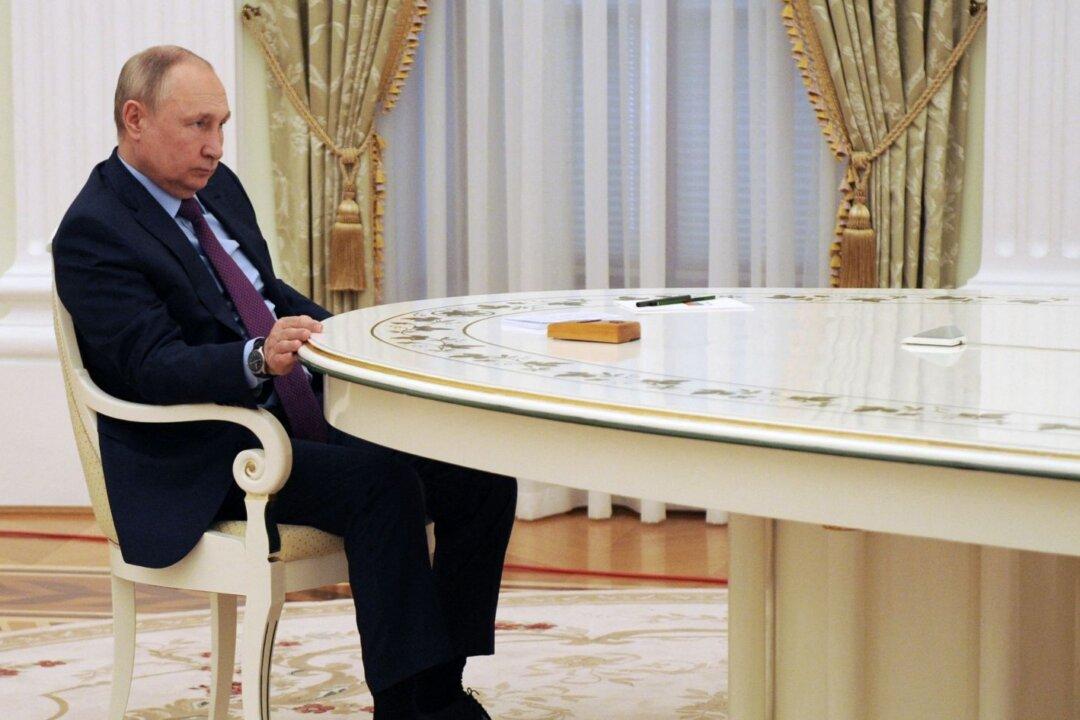President Vladimir Putin put his country’s nuclear deterrence forces on high alert on Sunday, announcing the move in a televised meeting with top ministers, coming as Russian troops and tanks continue to wage a conflict in Ukraine.
“Western countries are not only taking unfriendly actions against our country in the economic area. I’m speaking about the illegitimate sanctions that everyone is well aware of. However, the top officials of the leading NATO countries also make aggressive statements against our country as well,” Putin said on Sunday, according to state-run media.





